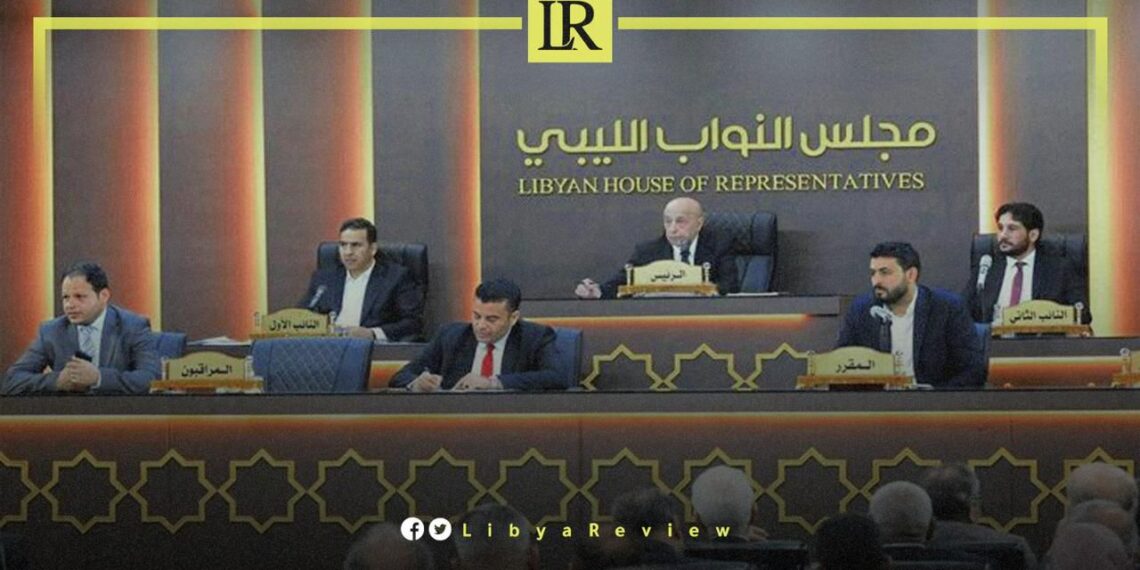On Tuesday, Fathi Al-Marimi, the media advisor to the Libyan House of Representatives (HoR), disclosed a pivotal agreement between Libya’s key legislative institutions, the House of Representatives and the High Council of State (HCS), marking a significant stride towards resolving the nation’s longstanding crisis. This consensus is a critical development in Libya’s journey toward stability and governance reform.
In an interview with Al Arabiya TV channel, Al-Marimi emphasized the importance of this breakthrough while expressing concerns over potential setbacks due to external interventions. He critiqued an international proposal for a quintet meeting, which he believes hindered the progress achieved through Libyan-led dialogues and the agreed roadmap for peace.
He also highlighted the negative impact of various international initiatives, including the proposed quintet table, which he believes are designed to disrupt the harmony between Libya’s legislative councils. He pointed out the detrimental effect of including controversial figures in peace processes, such as the complication caused by Prime Minister Abdulhamid Dbaiba’s involvement in the quintet meeting, given his rejection by the House of Representatives.
In his concluding remarks, the Libyan official criticized the UN mission’s focus on peripheral issues, which, in his view, diverts attention from the primary objectives of national unity and reconciliation.
This development comes as a beacon of hope in the midst of Libya’s chaotic political landscape, which has been in turmoil since the 2011 uprising that ousted Muammar Gaddafi. The accord between the House of Representatives and the State Council is a promising step towards organizing elections, establishing a unified government, and reinstating Libya’s sovereignty. The role of the international community, led by the UN, is crucial in supporting Libya’s self-led efforts to forge a peaceful and prosperous future.


